Enhanced Fragile Image Watermarking and Tamper Detection using BBHC, RLE, Daffy Hellman Exchange, and LSP Techniques
Problem Definition
The problem at hand involves the secure embedding of sensitive data within digital images, specifically focusing on medical images like CT scans. The main challenge is to successfully embed this data without compromising the integrity of the original image. Additionally, there is a need to accurately detect the region of embedded information, known as temper detection, to ensure that both the source image and the embedded data remain confidential and intact. This is a critical issue in the field of medical imaging, where patient privacy and data security are paramount concerns. Current techniques for embedding and detecting hidden data in images may not be efficient or accurate enough, leading to potential risks of data leakage or alteration.
It is therefore necessary to develop improved methods and algorithms that address these limitations and provide a more secure and reliable solution for embedding sensitive information in digital images.
Objective
The objective of the proposed project is to develop a method for securely embedding sensitive data within digital medical images, such as CT scans, while preserving the integrity of the original image. This involves accurately detecting tampered areas, compressing and encrypting data, and evaluating performance. The approach includes selecting and enhancing a medical image, identifying the Region of Interest, encoding the data, generating a unique key for security, inserting the compressed data using the Lisp technique, performing tamper detection, evaluating image quality, and reconstructing the original image. By utilizing algorithms and techniques like BBHC, RLE, and Daffy Hellman exchange method, the project aims to ensure data security, integrity, and efficient use of space. The use of MATLAB as the software platform enables the effective implementation and evaluation of the proposed approach.
Proposed Work
The proposed project aims to address the challenge of embedding sensitive information within digital images without altering the source image, specifically focusing on medical images like CT scans. The objectives include safely embedding the Region of Interest (RY), preserving image integrity, compressing and encrypting data, accurately detecting tampered areas, and evaluating performance. The approach involves selecting and enhancing a medical image, identifying the RY, encoding it using Run Length Encoding, generating a unique key for security, inserting the compressed data into the image using the Lisp technique, performing tamper detection, evaluating image quality, and ultimately reconstructing the original image. The choice of algorithms and techniques, such as BBHC for image enhancement, RLE for data encoding, and Daffy Hellman exchange method for key generation, are made to ensure data security, integrity, and optimal utilization of space. The use of MATLAB as the software platform allows for efficient implementation and evaluation of the proposed approach.
Application Area for Industry
This project can be beneficially applied in various industrial sectors such as healthcare, defense, finance, and media. In the healthcare industry, the proposed solutions can address the challenge of securely embedding sensitive patient data within medical images like CT scans, ensuring utmost confidentiality and integrity. This can aid in maintaining patient privacy and enhancing data security compliance. In the defense sector, the project's approach can be utilized to securely embed classified information within images for communication and intelligence purposes. The use of advanced encryption methods like RLE and unique key generation can provide a robust security layer to protect sensitive defense-related data.
In the finance industry, the embedding techniques can assist in securely storing and transferring important financial information and records. By utilizing tamper detection, any unauthorized changes to the embedded data can be detected, ensuring data integrity and authenticity. Moreover, in the media sector, the project's solutions can be applied to protect copyrights and intellectual property by embedding ownership information within digital images. The ability to accurately detect the region of embedded data and recover the original image with minimal quality loss can be advantageous for content creators and distributors. Overall, implementing this project's proposed solutions can provide significant benefits across different industrial domains by addressing the challenges of secure data embedding and tamper detection within digital images.
Application Area for Academics
The proposed project has the potential to enrich academic research, education, and training in the field of image processing, data encryption, and medical imaging. By focusing on embedding sensitive information within digital medical images without altering the source image, this project addresses a key issue in preserving the integrity and confidentiality of medical data.
Researchers in the field of image processing can use this project to explore innovative methods for data encryption and embedding within images. The use of algorithms such as BBHC for image enhancement, RLE for data encryption, and LSP for data hiding provides a comprehensive framework for researchers to study and improve upon. This project can serve as a valuable resource for researchers looking to develop new techniques for securing data within images.
MTech students and PHD scholars can benefit from the code and literature of this project to understand the methodologies and algorithms used in image processing and data encryption. By studying and implementing the proposed solution, students can gain hands-on experience in working with medical images and exploring new methods for data security.
The use of MATLAB as the software platform for this project also makes it accessible to a wide range of researchers and students familiar with the programming language. The project's focus on medical images such as CT scans further enhances its relevance in the field of healthcare and medical imaging.
In the future, this project could be expanded to include more advanced encryption techniques and methods for data hiding within images.
Researchers could explore the application of machine learning algorithms for better detection of embedded data and tampering. Additionally, the project could be extended to include the analysis of data embedded in other types of images, providing insights into the broader applications of data encryption in various fields.
Algorithms Used
BBHC is used for image enhancement to improve the visual quality of the images. RLE is employed for encryption and compression of the data. The Daffy Hellman exchange method generates a unique key for data security. Lastly, the LSP technique is utilized for hiding the compressed data inside the image. These algorithms work together to enhance accuracy, improve efficiency, and achieve the project's objectives of securely embedding and retrieving data within medical images using MATLAB software.
Keywords
SEO-optimized keywords: Image Watermarking, Temper detection, RY part, Data Embedding, BBHC Technique, RLE Encoding, Daffy Hellman Exchange, LSP Technique, Image Reconstruction, Performance Evaluation, Manual and Automatic selection, MATLAB, Medical Image Processing, Digital Image Security, CT Scan Integrity, Run Length Encoding, Histogram Equalization, Image Enhancement, Confidential Data Protection, Data Compression, Tamper Detection, Secure Data Encoding, Maximum Security Key Generation.
SEO Tags
Image Watermarking, Temper detection, RY part, Data Embedding, BBHC Technique, RLE Encoding, Daffy Hellman Exchange, LSP Technique, Image Reconstruction, Performance Evaluation, Manual selection, Automatic selection, Medical Image Processing, MATLAB.
| Shipping Cost |
|
No reviews found!













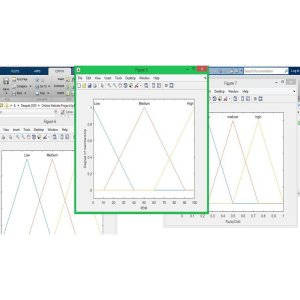
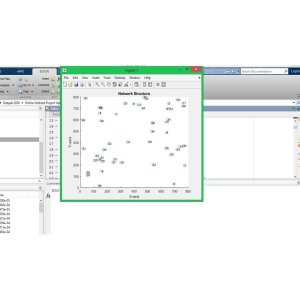
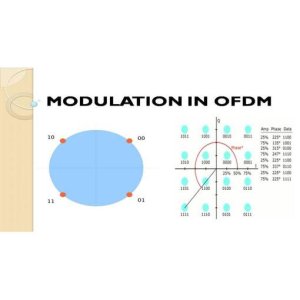
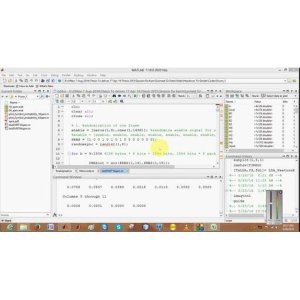


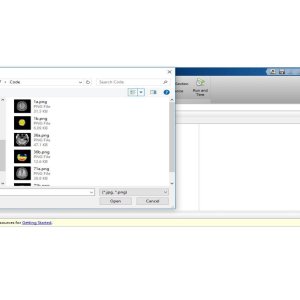
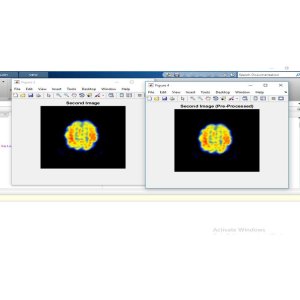

































No comments found for this product. Be the first to comment!